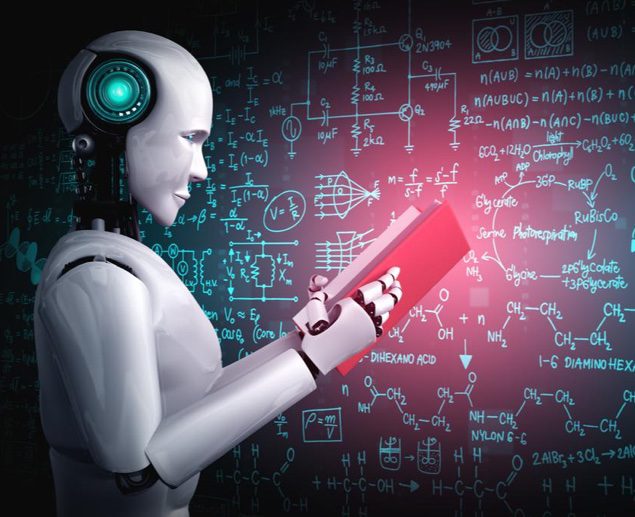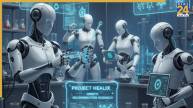New Delhi: Artificial intelligence (AI) could end careers and about 300 million full-time jobs might go extinct, a report by investment bank Goldman Sachs says.
Though it might usher productivity and create certain new kinds of jobs, it could wipe out about a quarter of work tasks in USA and Europe.
Artificial Intelligence could gradually lead to a rise in the total annual value of goods and services produced globally by 7%.
The report calls Generative AI a revolutionary step that creates content similar to one that a human creates.
Scope of Jobs
The government is keen to promote investment in AI in the UK which it says would bring about economic productivity. It also has tried to make people aware of its impact.
Technology Secretary Michelle Donelan said that the aim was to make sure that AI is complementing the pattern of work culture in the UK and not to create a hindrance of any sort. Jobs ought to be made obtainable, easier and more enjoyable.
Impact Across Sectors
The report notes AI’s impact will vary across different sectors – 46% of tasks in administrative and 44% in legal professions could be automated but only 6% in construction and 4% in maintenance, it says.
There have been previous reports about some artists’ concerns that AI image generators could harm their employment prospects.
Scope Of Remuneration
Carl Benedikt Frey, future of-work director at the Oxford Martin School, Oxford University expressed his scepticism over the fact that he isn’t sure as to how many jobs would be replaced by generative AI. He added saying that what a ChatGPT does is fascinating. It allows more people with average writing skills to produce essays and articles. Journalists will therefore face more competition, which would drive down wages unless we see a very significant increase in the demand for such work.
Read More :-SAMSUNG LAUNCHES NEW KIND OF EXTERNAL SSD CARD
Considering the introduction of GPS technology and platforms like Uber. Suddenly, knowing all the streets in London had much less value – and so incumbent drivers experienced large wage cuts in response, of around 10% according to our research. The result was lower wages, not fewer drivers.
Over the next few years, generative AI is likely to have similar effects on a broader set of creative tasks.
Past, Present and Future
According to research cited by the report, 60% of workers are in occupations that never existed until 1940. But other research suggests technological change since the 1980s has displaced workers faster than it has created jobs.
And if generative AI is like previous information-technology advances, the report concludes, it could reduce employment in the near term.
Read More :-
The long-term impact of AI remains highly uncertain. The chief executive of the Resolution Foundation think-tank, Torsten Bell, stated that all firm predictions should be taken with a ‘very large pinch of salt’ as they do not know how the technology will evolve or how firms will integrate it into how they work. This is not to say that AI won’t disrupt the way we work – but we should focus too on the potential living standards gained from higher-productivity work and cheaper-to-run services, as well as the risk of falling behind if other firms and economies better adapt to technological change.
In a nutshell, what AI is bringing and would bring in the future is a mix of good and bad. Apprehensions remain but cautiousness must be maintained.
Read More :- Latest Tech News












